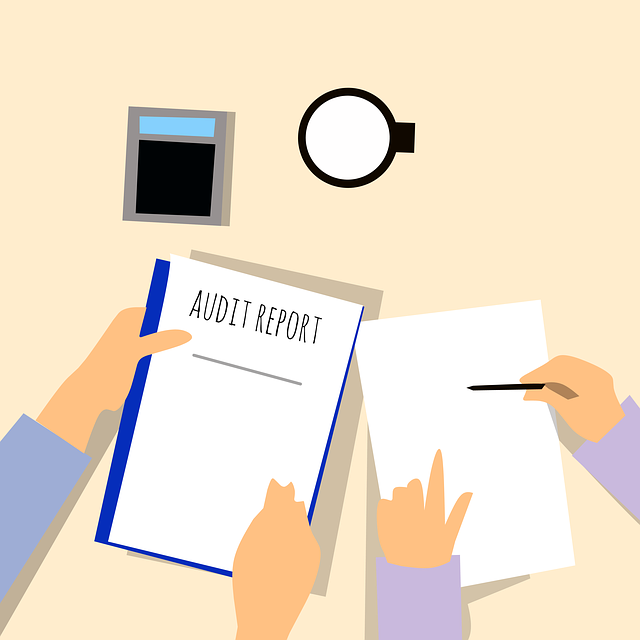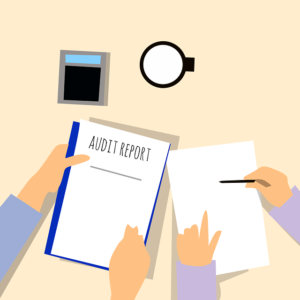

The Bureau of Customs (BOC) Post-Clearance Audit Group (PCAG) collected P2.051 billion in 2019 all as a result of the Prior Disclosure Program (PDP). This year it aims to collect double that amount as it prepares to issue audit notices to a new batch of firms.
BOC assistant commissioner and PCAG head Atty. Vincent Philip Maronilla, in a recent chance interview with PortCalls, said that while PCAG was able to hit only half of its internal target of P4 billion last year, the group was “happy” with the P2 billion that was collected just from PDP.
Formerly called voluntary disclosure program, PDP is based on international best customs practice that allows importers to voluntarily pay for discrepancies in duties and taxes on previous shipments before post-clearance audit.
As of November 2019, PCAG has received 123 applications to PDP, of which 68 were filed by companies currently undergoing audit; 20 by firms with amendments to applications pursuant to Customs Administrative Order (CAO) 01-2019; and 35 by companies not being audited by PCAG.
Maronilla said PCAG this year has again set an internal target of P4 billion as it concludes the audit of the first batch of companies. He said some of the demand letters and final audit reports (FAR) for the first batch of auditees will expire this February and others in June.
“There were some significant findings in the areas of concern that we were able to identify during our audit with some major stakeholders. We expect them to receive the FARs positively and because [our] idea is not really to punish them but to point out any customs issue that they might not be aware of and provide them the opportunity to rectify it on a post-clearance level,” Maronilla explained.
He said PCAG will also be issuing a new batch of audit notification letters (ANL) this year “because there are some issues being raised by industries and our higher-ups at DOF (Department of Finance).”
PCAG will be looking at more fuel companies, especially those not covered by the fuel marking program, and will “continue checking the implementation of the TRAIN (Tax Reform for Acceleration and Inclusion) Law.”
The post-clearance audit, formerly called post-entry audit, was returned to BOC in 2016 after the function was transferred to the Department of Finance in 2014.
In 2019, BOC issued CAO 01-2019, which implements the post-clearance audit function and PDP of BOC, pursuant to the Customs Modernization and Tariff Act.
PCAG in 2019 issued 307 ANLs, which also contained information on the audit procedure. Of the 307 ANLs, the first batch consisted of 31 ANLs constituting 26 Super Green Lane (SGL) importers while five were importers with track records of non-compliance with customs rules and regulations.
The second batch of 155 ANLs focused “mainly on the effects of the TRAIN Law relevant to the magnitude of customs revenues, specifically excise taxes collected by the BOC,” Maronilla said.
The third batch of ANLs was issued to 121 importers, of which 61 were to rice importers to check their compliance records in view of the passage of the Rice Tariffication Law; 14 ANLs to importers of pharmaceutical products due to their significant royalty payments; nine ANLs issued to importers of mobile phones over the report by DOF of suspected undervaluation of mobile phone importations; and 37 ANLs to companies with track records of non-compliance with customs rules and regulations.
READ: BOC post-clearance audit zeroes in on rice, pharma importers
Under CAO 01-2019, within three years from the date of final payment of duties and taxes or from customs clearance, BOC may conduct an audit examination, inspect, verify, and investigate records pertaining to any goods declaration, which includes statements, declarations, documents, and electronically generated or machine-readable data.
Such audit intends to ascertain the correctness of the goods valuation and determine the possible liability of the importer for duties, taxes, and other charges, including any fine or penalty. – Roumina Pablo




